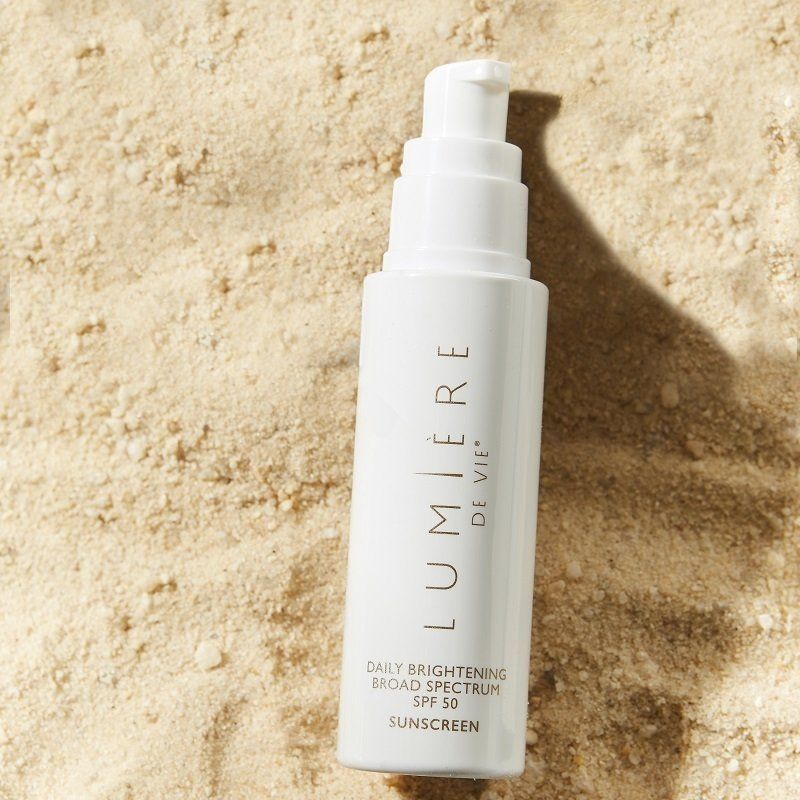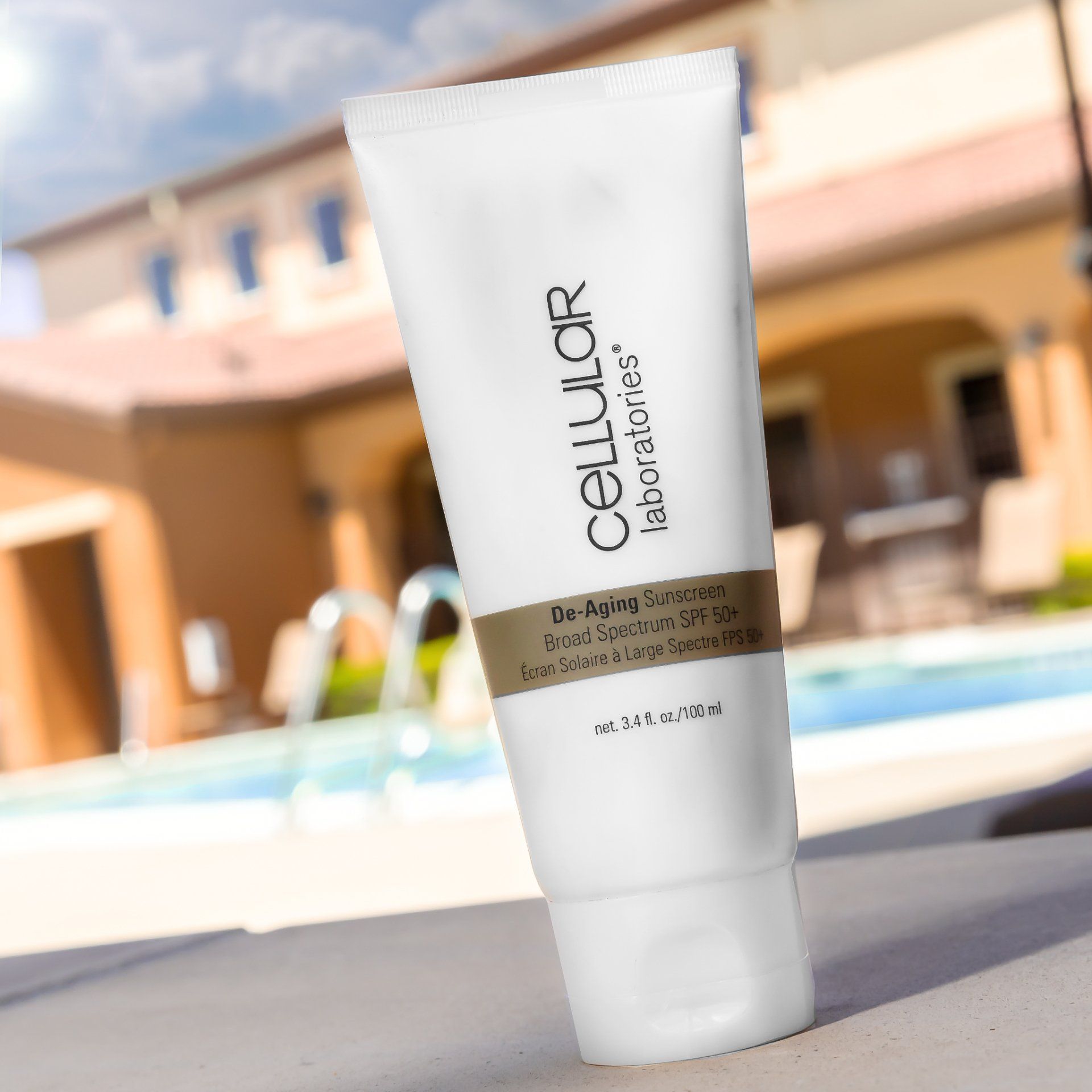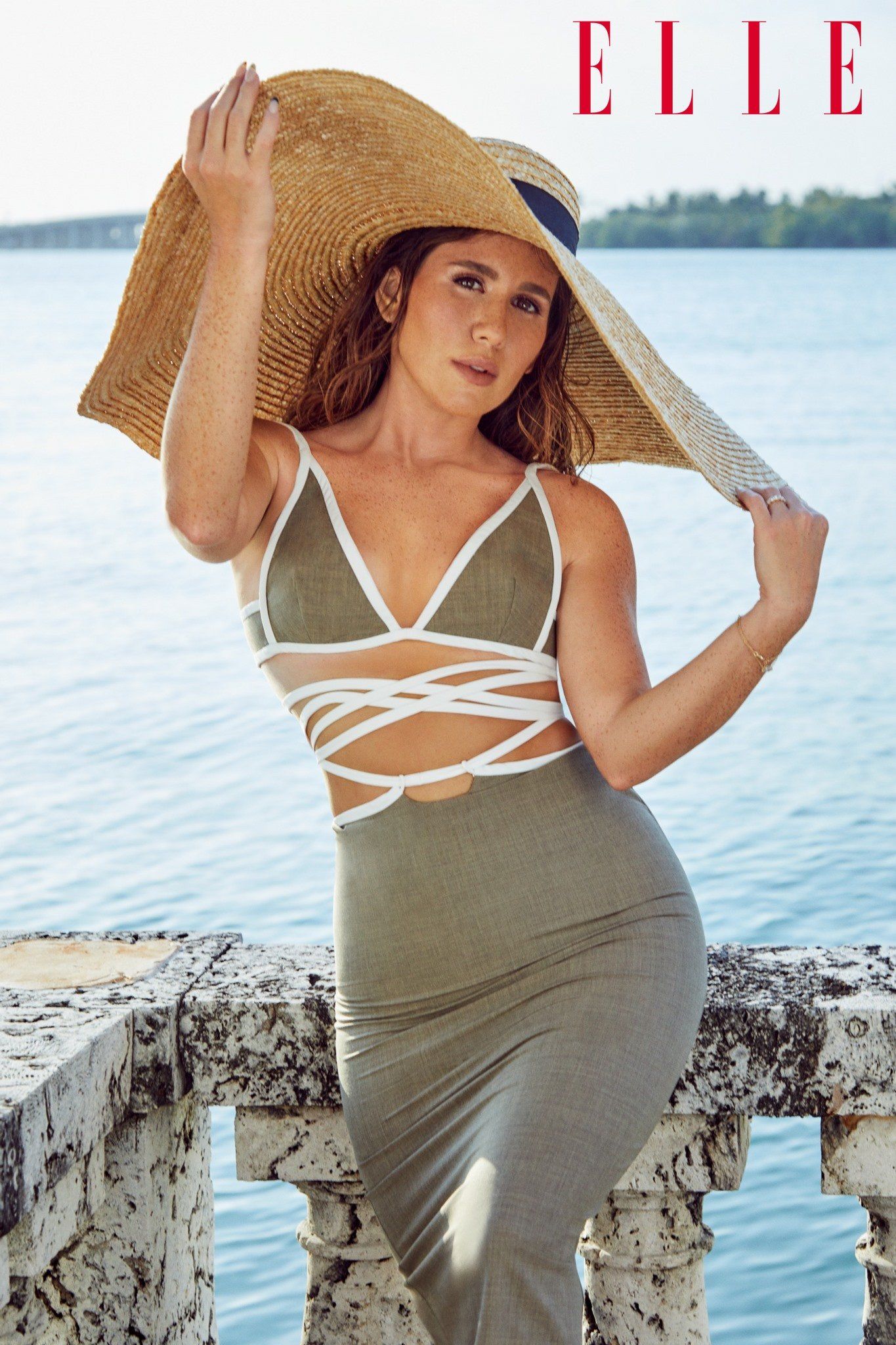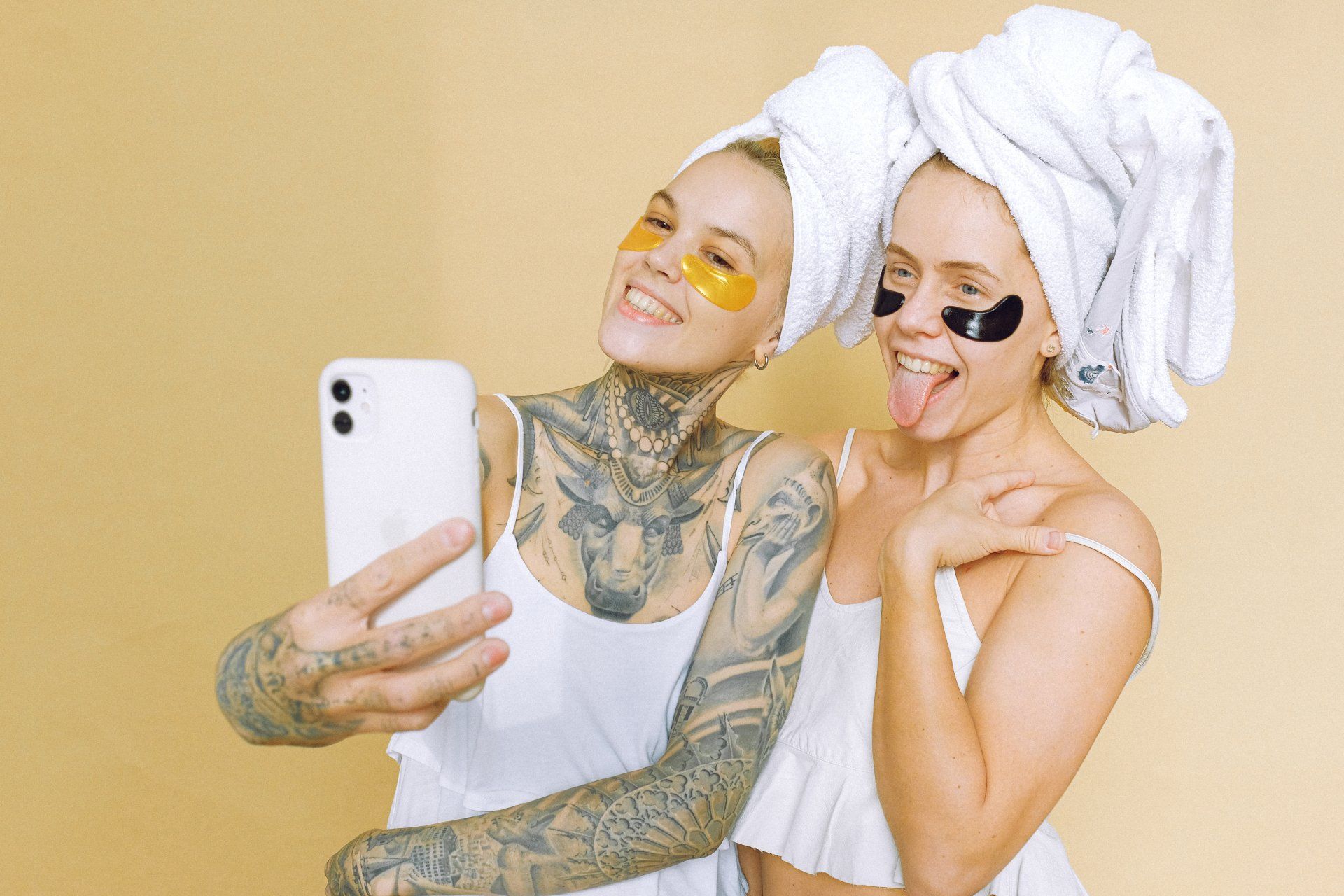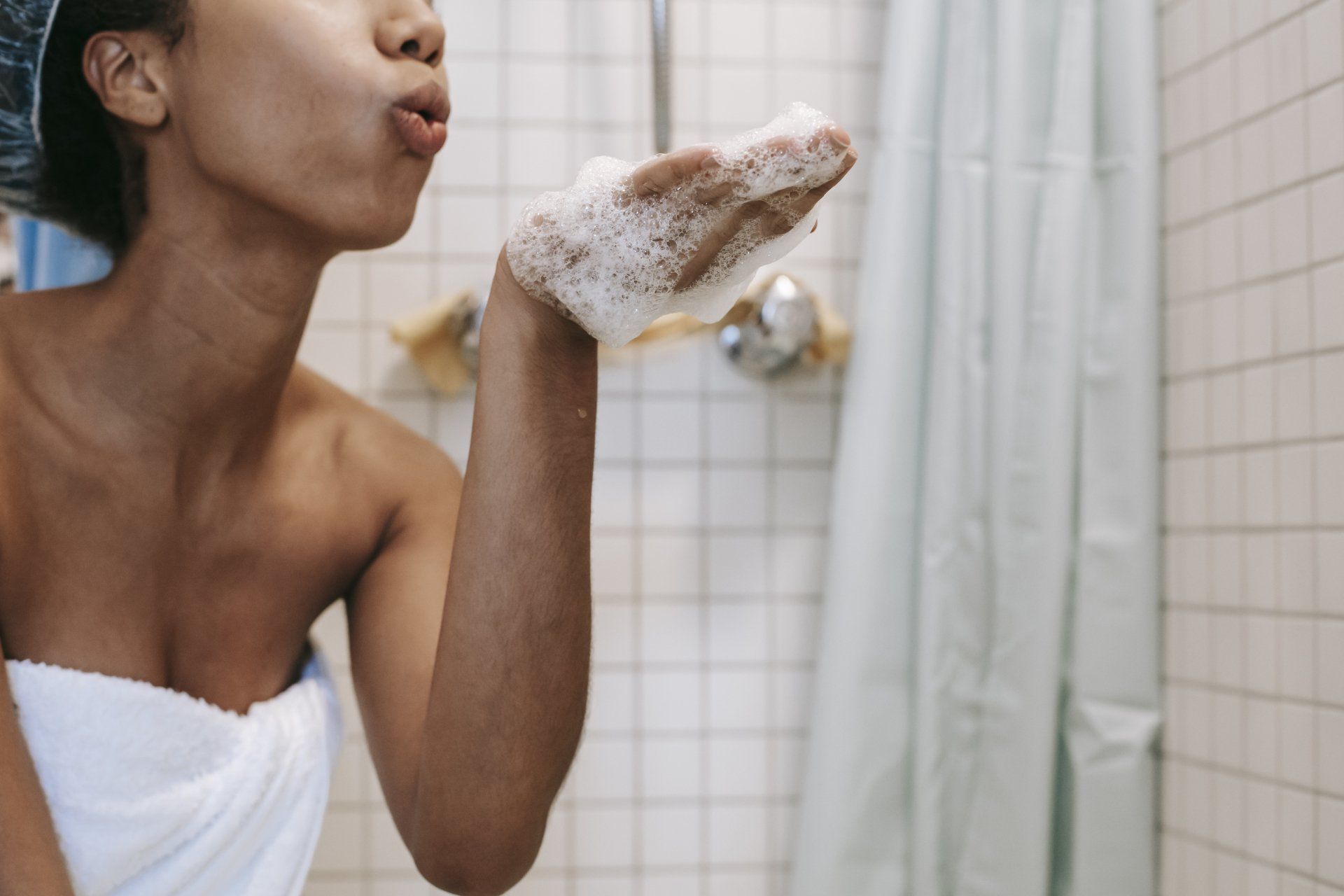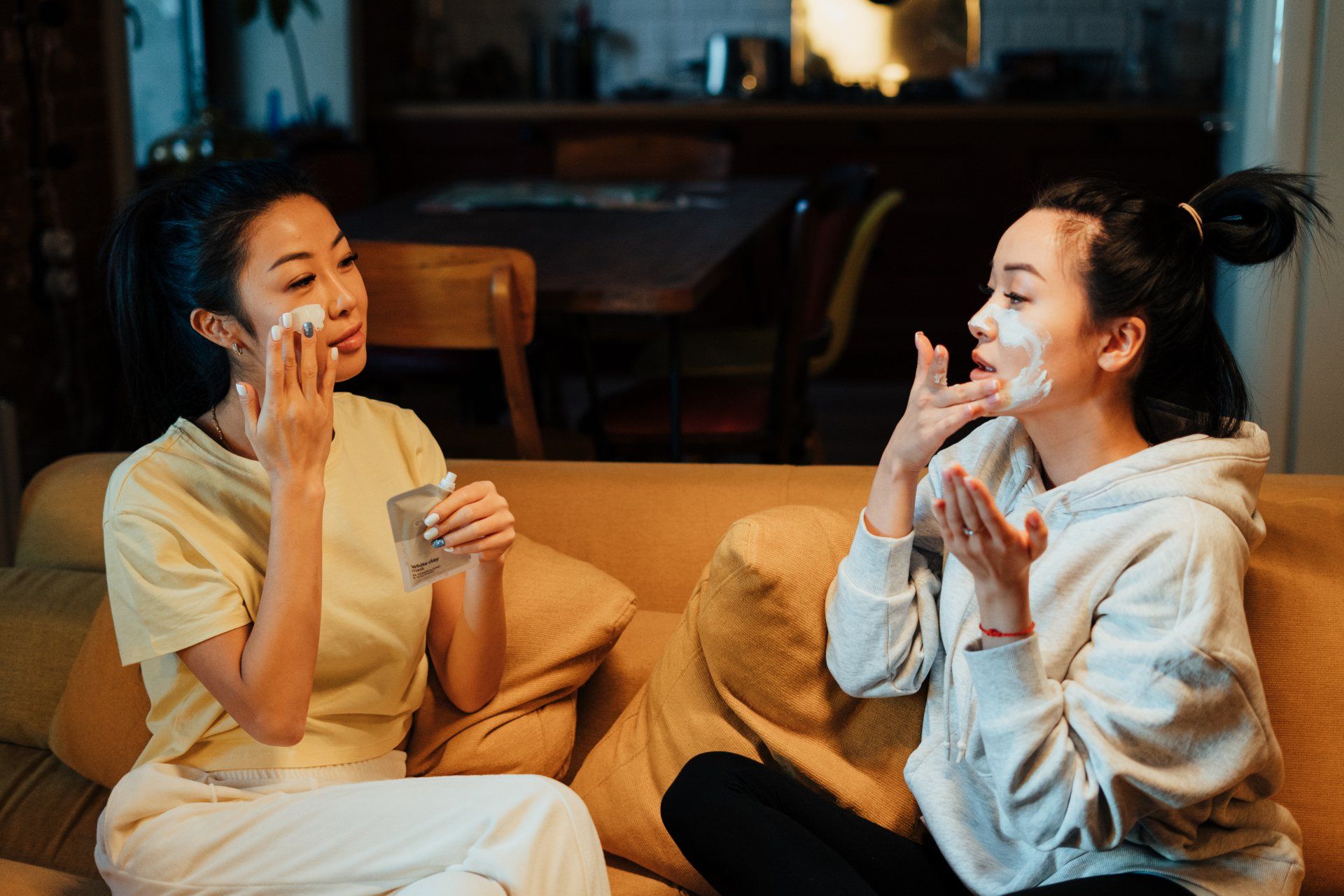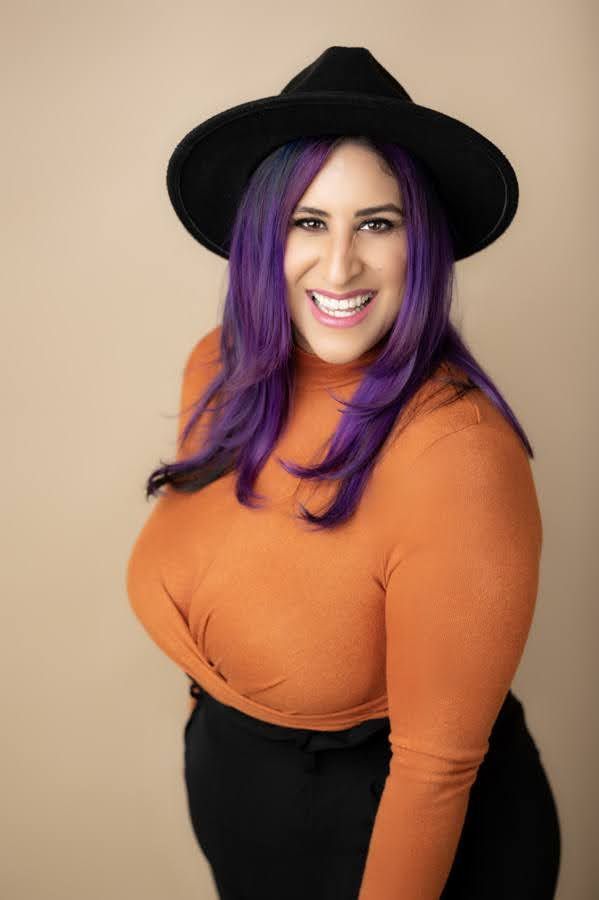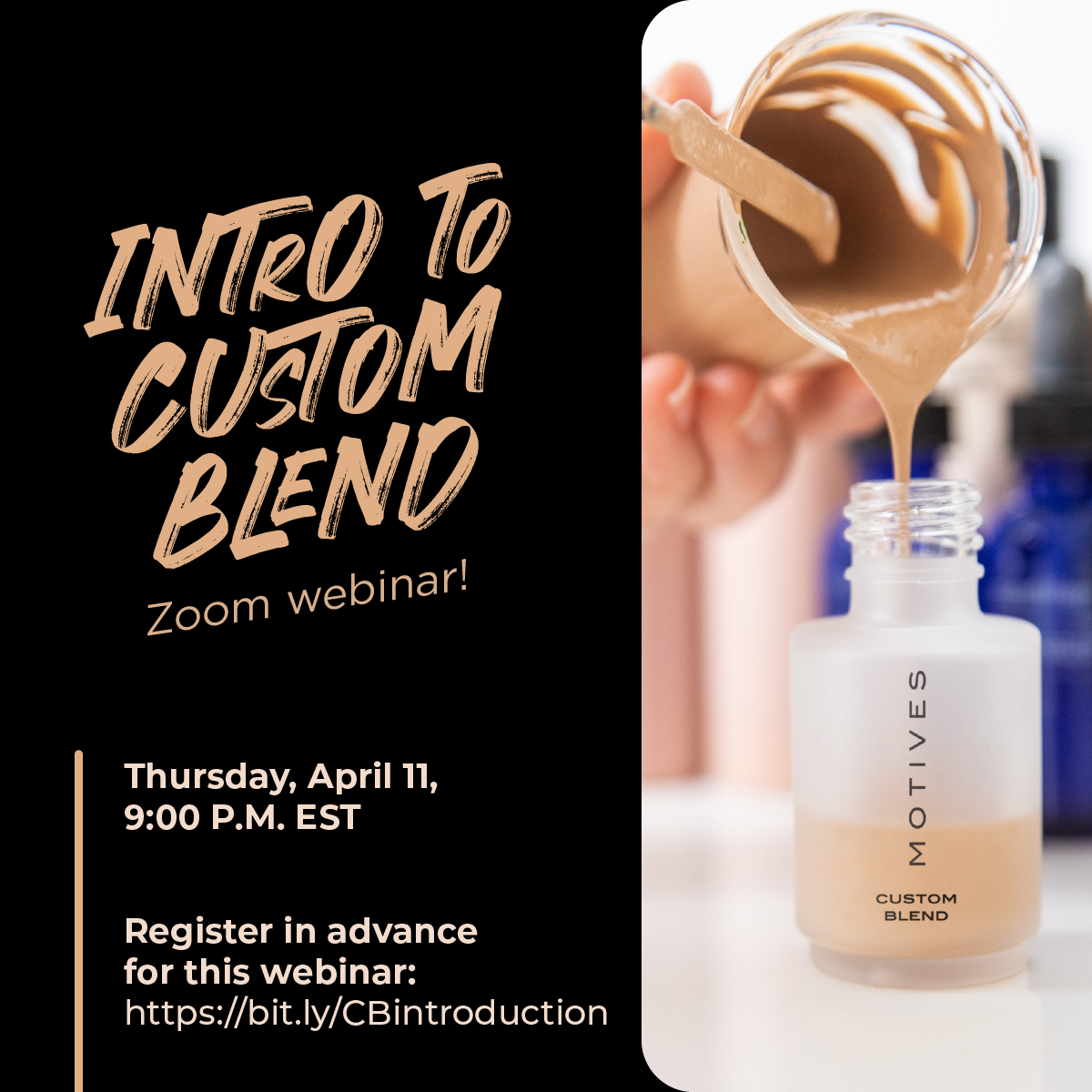I’m sure that by now you know that wearing sunscreen daily (not just when you’re at the beach) is recommended. The sun emits harmful UV rays year-round. Even on cloudy days, the sun’s harmful UV rays can penetrate your skin. Snow, sand, and water increase the need for sunscreen because they reflect the sun’s rays. Sunscreen is essential to your everyday skincare regimen. And as the summer months arrive, it’s more vital than ever to remember to apply sunscreen.
Are you confused by the choices? Today I will answer some common questions about sunscreen to help you decide which one is best for you.
5 Reasons Why You Need To Wear Sunscreen
Let’s start off with some reasons WHY you should be wearing sunscreen daily, all year round.
- UVA and UVB rays will penetrate deep into your skin and cause fine lines, wrinkles, dark spots, and hyperpigmentation.
- Acids, like AHA and BHA, or antioxidant-rich products, like vitamin c and retinol, can cause redness, irritation, and burns if not followed up with SPF in the AM.
- Dark spots and wrinkles will pay you a visit early.
- Your acne scars will take more time to fade if you do not wear sunscreen as they will turn into dark spots.
- Not wearing sunscreen increases your risk for skin cancer.
What’s The Difference Between UVA & UVB Rays?
Sunlight consists of two types of harmful rays that reach the earth — UVA rays and UVB rays. Overexposure to either can lead to skin cancer. In addition to causing skin cancer, here’s what each of these rays do:
- UVA rays (or aging rays) can prematurely age your skin, causing wrinkles and age spots, and can pass through window glass.
- UVB rays (or burning rays) are the primary cause of sunburn
What Are The Different Types Of Sunscreen?
What Is Broad-Spectrum Sunscreen?
A broad-spectrum sunscreen contains ingredients that protect users from both UVA and UVB rays. Thus, broad-spectrum formulas usually contain both physical and chemical sun protection ingredients, although there are certain chemical and physical ingredients that work to repel both types of UV light.
Because broad-spectrum sunscreens protect from both types of harmful sun rays, opting for this type of sunscreen is always recommended.
Motives Beauty Brands Broad-Spectrum Sunscreen
We recommend
Lumière de Vie® Daily Brightening Broad Spectrum SPF 50, for your face because of all of the amazing benefits. Protect and care for the skin with this silky, fast-absorbing crème that provides high protection from UVA and UVB exposure while soothing, brightening and evening skin tone. Protect your skin every day; you can thank us later.
For maximum protection this sunscreen should be applied directly to skin, before moisturizer and makeup. Another option is to double dip by first applying a layer of sunscreen, then moisturizer and finally another layer of sunscreen. No matter how you apply it is important that you allow any treatments/moisturizers to dry fully before SPF application, so that the sunscreen can be absorbed fully into the skin.
We recommend
Cellular Laboratories De-Aging Sunscreen Broad Spectrum SPF 50+
for the rest of your body. Screen out rays that rapidly increase the signs of aging, lock in moisture, and maintain elasticity and firmness by keeping the skin properly protected and equipped for the environmental effects that are around us every day. Cellular Laboratories De-Aging Sunscreen Broad Spectrum SPF 50+ absorbs quickly and dries without residue, making it ideal for daily use.
Over time, sun exposure can result in premature aging, causing fine lines and wrinkles and reddening of the skin, and without preventative action, our skin can begin to look like leather. A quality, anti-aging sunscreen is the key to fighting the signs of aging.
Cellular Laboratories De-Aging Sunscreen Broad Spectrum SPF 50+
contains a comprehensive blend of four active sunscreen ingredients that protect against UVA and UVB rays, in conjunction with the antioxidants vitamin E and green tea extract, which condition skin to maintain a youthful, vibrant glow for your face and body.
Everything You Need To Know About SPF
What does SPF stand for?
SPF stands for sun protection factor, and the SPF number tells you how many times longer the sunscreen allows you to stay in the sun without burning. For example, an SPF of 30 means it will take you 30 times longer to burn (10 minutes to burn without sunscreen and 300 minutes with sunscreen).
What level of SPF do I need?
Contrary to what you might think, an SPF of 30 isn’t twice as effective as SPF 15. After a certain SPF level, the added benefit becomes increasingly minimal. SPF 15 blocks about 93% of harmful UV rays, SPF 30 blocks 97%, and SPF 50 blocks 98%.
Does SPF block all types of harmful UV rays?
SPF protects against ultraviolet B rays, which is what causes sunburn, but it may not protect against ultraviolet A rays, which can cause skin cancer and premature aging of the skin. If you want to be sure you’re protected against both types of UV rays, look for a sunscreen that’s labeled “broad-spectrum.”
Application Tips
- Apply sunscreen 15 to 30 minutes before going outside to allow it to properly sink into your skin.
- Not sure how much sunscreen to use? A good rule of thumb is to use 1 teaspoon for each body part (face and neck, arm, leg, chest, and back).
- Reapply your sunscreen every 2 hours for the best protection. Even if your skin isn’t burning, you could be at risk from harmful UV rays after that period.
Sunscreen helps to protect your skin from sunburn, early skin aging and skin cancer, however, sunscreen alone cannot fully protect you. In addition to wearing sunscreen, dermatologists recommend taking the following steps to protect your skin and find skin cancer early:
These statements have not been evaluated by the Food and Drug Administration. These products are not intended to diagnose, treat, cure, or prevent any disease.



